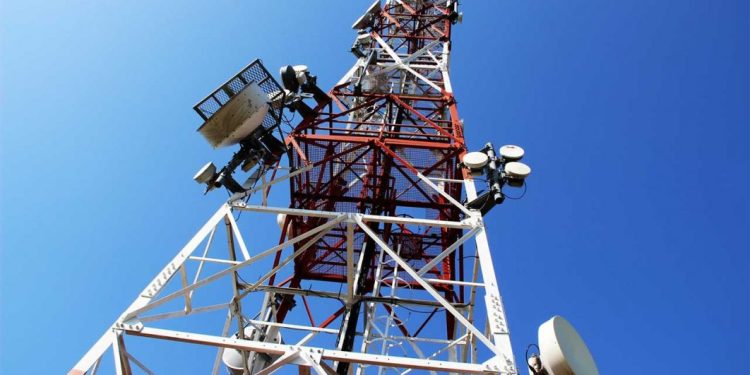News
Skill, energy crippling investment in Data Centres in Nigeria
AJAGBE ADEYEMI TESLIM
SPONSORED BY: H&H
Experts have said that lack of skill coupled with an epileptic power supply has been crippling investment in data centres in Nigeria.According to them, though the country and by extension the whole African continent is in dire need of data centres, challenges such as lack of required tech skills to manage such centres, inadequate power supply, unfavorable policy, and others remain the bane of the establishment of data centres in the country.
There are currently 11 data centers in Nigeria and despite growing capacity to meet the projected increase in demand, the current capacity utilization of existing data centers is thought to be less than 30%, despite the investment of about $220 million in data center operations.
The Executive Vice Chairman of the Commission, Prof. Umar Danbatta, who noted the deficit in the infrastructure in Nigeria, stated that the country needs more investment in data centres.According to him, by providing a reliable and secure environment for the services they offer within a well-nurtured policy and regulatory framework, Nigeria represents an attractive destination for more investment in data centre services and operations.
He added that the implication of such investments on jobs in the construction, operation, and maintenance of these data centres can only be imagined.He said the Federal Government has taken laudable steps to encourage and support data centres services in the country in its drive to ensure data sovereignty.
“This is encapsulated in the National Digital Economy Policy Strategy (NDEPS) Pillar number 3 on Solid Infrastructure which states that; The Government will Promote the Development and Deployment of robust and scalable data center infrastructure. It therefore goes to show that these centres and their potential to attract foreign investment remain massive.
“The NCC has long recognized the imperatives around the sharing of critical resources within the telecoms industry, particularly in relation to recent engagements on regional roaming with the ECOWAS. This is underscored by the Commission’s recent guidelines and framework, leading to the emergence of collocation and infrastructure-sharing entities such as tower companies that rest on this premise.
The Commission has also concluded its framework, and further facilitated the test run on national roaming and active infrastructure sharing to further galvanize efficient rollout through well-coordinated network optimization and expansion strategies.
”He added that the evolving primacy of data, encapsulated in the slogan – Data is the new oil – has continued to resonate globally with increasing intensity in the context of the emerging digital economy.
According to him, this is why it has become a subject of special consideration by regimes, requiring appropriate structures and frameworks to truly tap and optimize the opportunities provided by this new order.“Data centre services, no doubt, hold the keys to the ultimate crystallization of this new line of thinking within the ICT sector and by extension to the greater national economy of nations in so many ways. One of such is the added impetus towards improving the security and reliability of the nation’s digital infrastructure.
The nature and functional model of data centres with special regard to its centralized architecture, with compelling assurance provides a greater guarantee against various malicious attacks and unauthorized access to sensitive information.
This is in addition to the efficiency engendered by the robust economies of scale through critical resources shared and made available by Data Centres,” he said.
The NCC boss said the NCC recognised the place of Broadband infrastructure and technology in interconnectivity and its impact on national development, increased content, and social inclusion, adding that policy and regulatory initiatives had been geared towards public investment in broadband backbone networks through harmonization of RoW charges and the allocation of more spectrum for existing mobile and 5G technologies.
Speaking earlier, a tech expert, Bukola Olanrewaju, noted that data centres alongside fibre-optic broadband expansion and telecom towers are poised to become the new backbone of Africa’s economic growth.She added that investing in these emerging digital infrastructures necessitates a profound understanding of local dynamics and forward-thinking perspectives.She, however, noted that for Nigeria to make good investments in data centres, the government should address the challenges.

